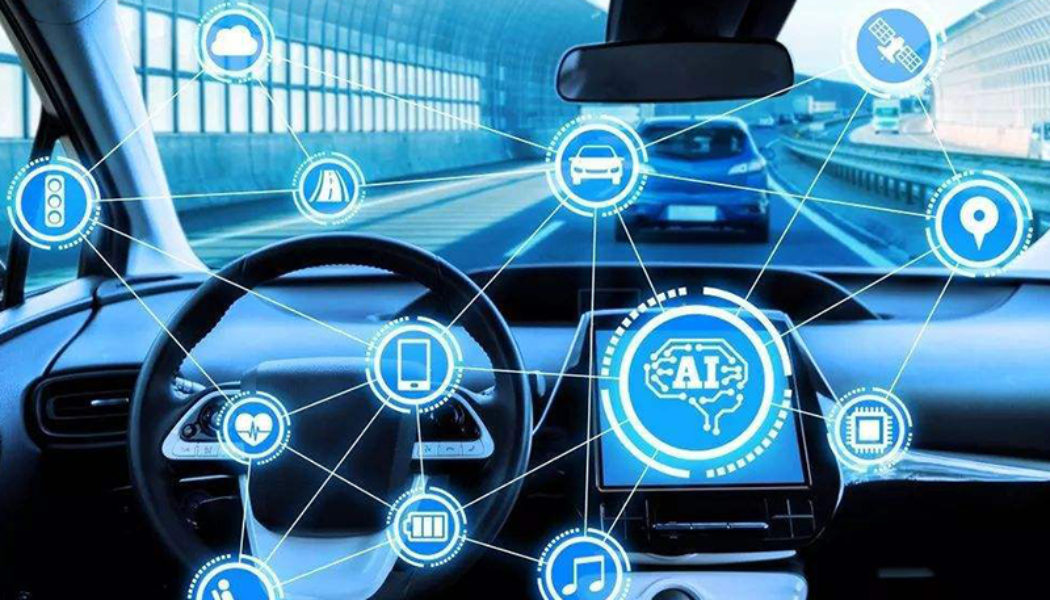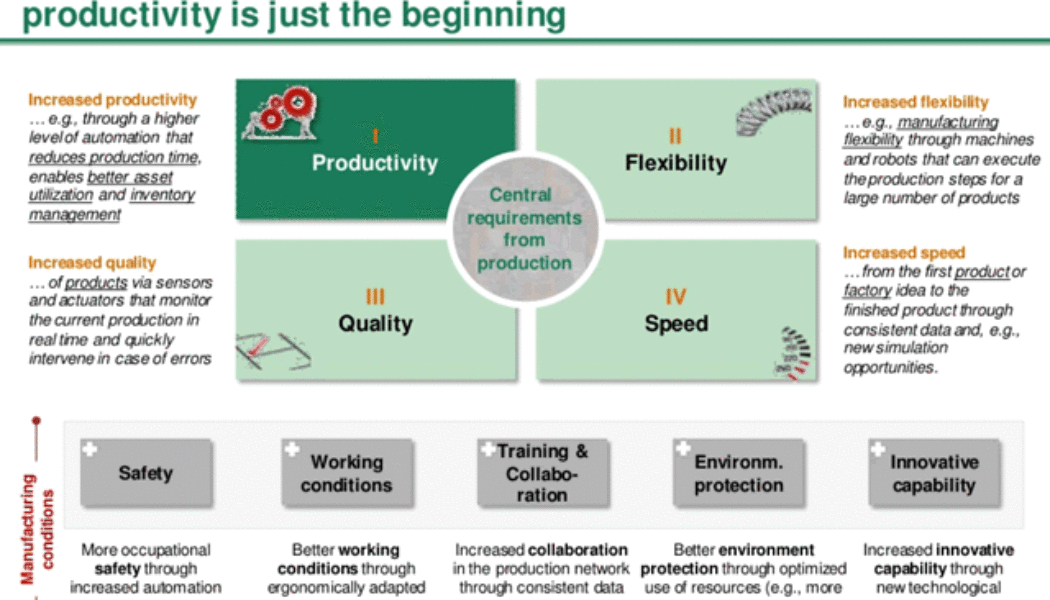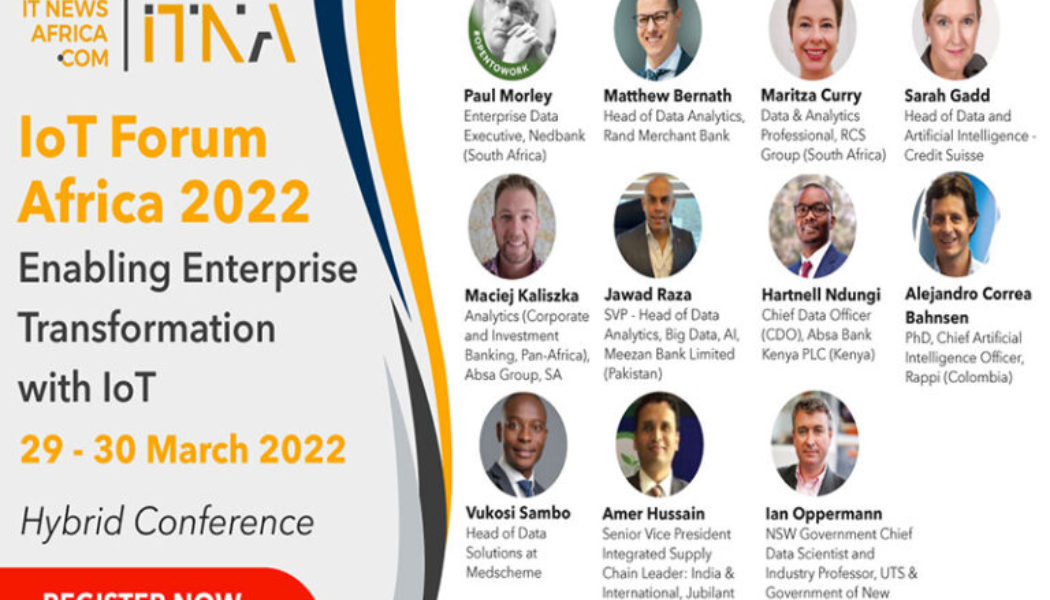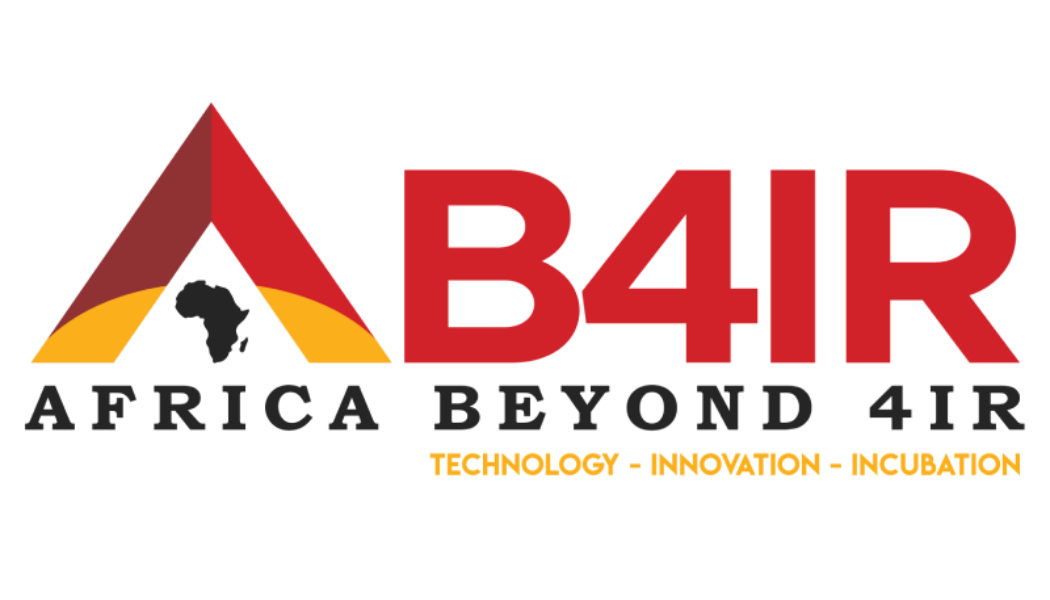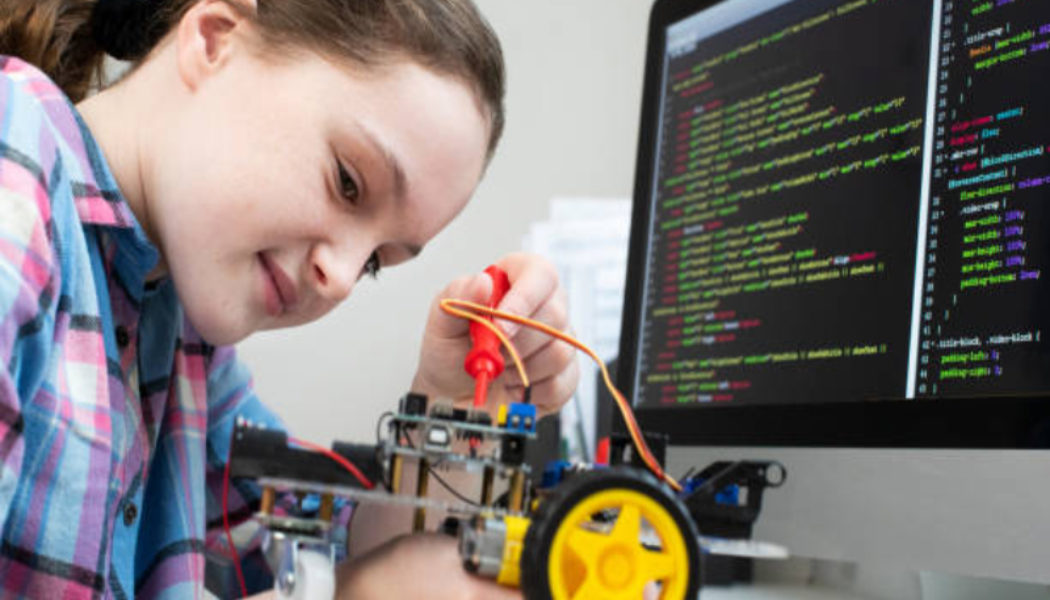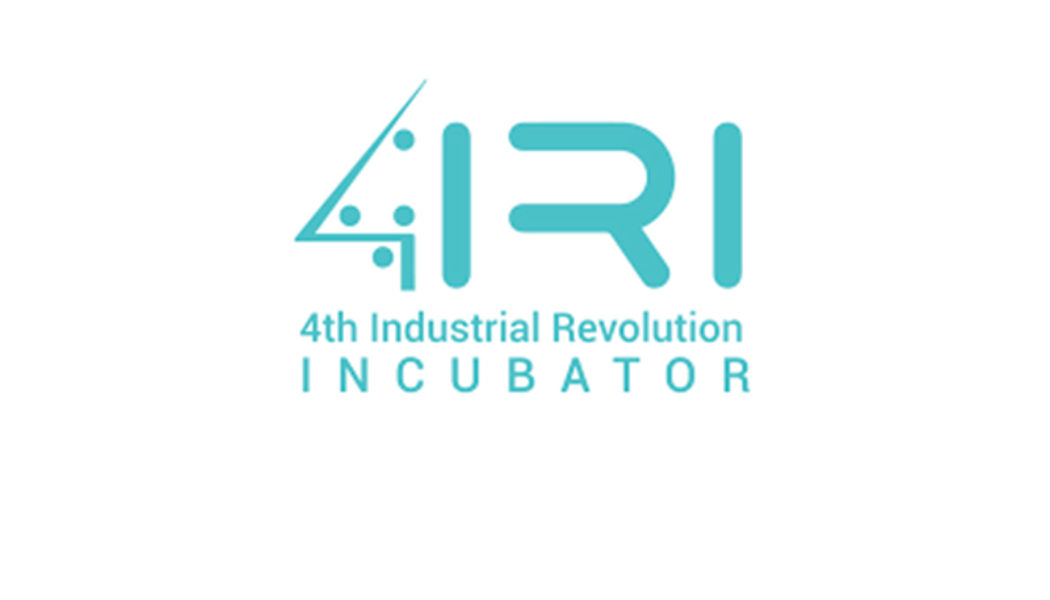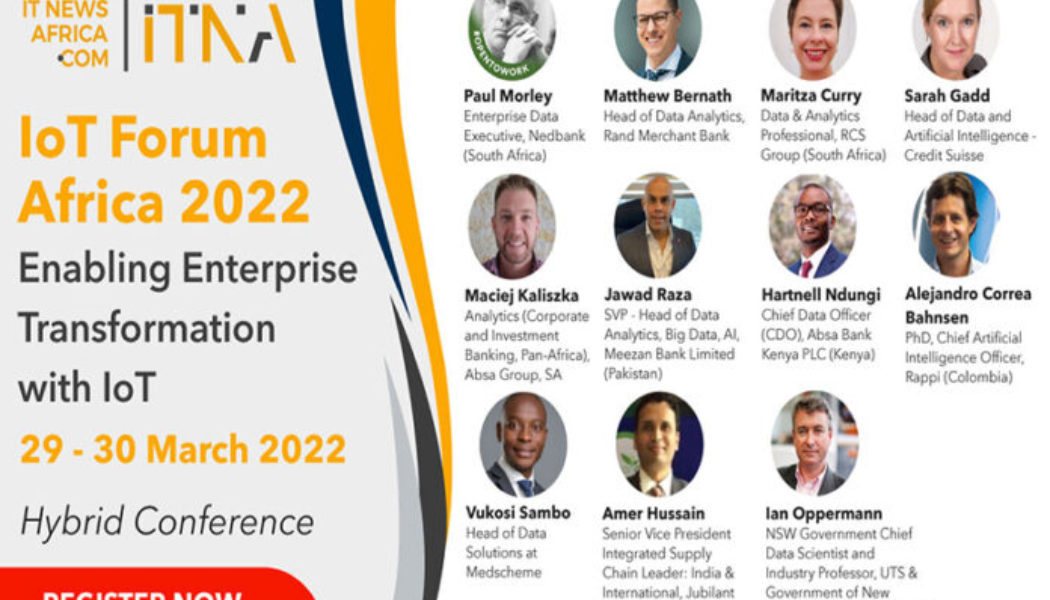Iot
Internet of Vehicles (IoV) – The Cutting Edge of Vehicle Automation?
We use cookies on our website to give you the most relevant experience by remembering your preferences and repeat visits. By clicking “Accept All”, you consent to the use of ALL the cookies. However, you may visit “Cookie Settings” to provide a controlled consent.
3 East African Economic Sectors Ripe for Tech Innovation
We use cookies on our website to give you the most relevant experience by remembering your preferences and repeat visits. By clicking “Accept All”, you consent to the use of ALL the cookies. However, you may visit “Cookie Settings” to provide a controlled consent.
How Smart Will Tomorrow’s Homes Be?
We use cookies on our website to give you the most relevant experience by remembering your preferences and repeat visits. By clicking “Accept All”, you consent to the use of ALL the cookies. However, you may visit “Cookie Settings” to provide a controlled consent.
Does Your Business Understand the Potential of Industry 4.0?
Zuko Mdwaba, Area VP, Salesforce South Africa. In the business world, the term “Fourth Industrial Revolution” is gradually gaining traction. What began with steam and water power has evolved into advanced computerisation and technology that is ready to disrupt virtually every industry at breakneck speed. The acceleration of the Fourth Industrial Revolution (4IR) and the digitalisation of our life is possibly one of the most significant consequences of the Covid-19 pandemic. Do businesses, on the other hand, fully comprehend the revolution’s potential and challenges? What is the fourth industrial revolution? Before we look at the opportunities that may come as a result of the 4IR, it’s important to first grasp what the 4IR is all about. It refers to how the Internet of Things (I...
HMI – How People, Processes and Technology Work Together
When embarking on an industrial digitisation project, it’s important to consider how people, processes, and technology will work together. These three considerations are integrated in a somewhat symbiotic manner, which is why each should function optimally and compliment the other. A good example is IIoT; the technology promises secure access to a lot of data but is this data providing the right insight to people as opposed to burying them under a heap of information? Also, how do you ensure insights are delivered to workers whenever and wherever they need them, such as on the plant floor where they are working around production equipment. HMIs and Industrial Automation Enter Human-Machine Interfaces (HMIs); a technology developed to replace hard-wired pushbuttons and indicator lights with...
AB4IR’s Kelebogile Molopyane to Speak on Bridging the Digital Divide Through Incubation at IoTFA 2022
We use cookies on our website to give you the most relevant experience by remembering your preferences and repeat visits. By clicking “Accept All”, you consent to the use of ALL the cookies. However, you may visit “Cookie Settings” to provide a controlled consent.
South African Incubator Set to Exhibit at IOTFA 2022
We use cookies on our website to give you the most relevant experience by remembering your preferences and repeat visits. By clicking “Accept All”, you consent to the use of ALL the cookies. However, you may visit “Cookie Settings” to provide a controlled consent.
How Owning a Smart Home Can Actually Save You Money in SA
We use cookies on our website to give you the most relevant experience by remembering your preferences and repeat visits. By clicking “Accept All”, you consent to the use of ALL the cookies. However, you may visit “Cookie Settings” to provide a controlled consent.
$100M fund aims to support the growth of decentralized machine economy
IoTeX, a blockchain platform focused on the Internet of Things (IoT), has announced the launch of a $100 million sustainable ecosystem fund. The new fund will back over 1,000 decentralized machine economy startups developing use cases for connecting more than 10 million smart devices to the MachineFi portal within the next three years. The decentralized machine economy is a developing economy in which machines, rather than people, are the driving force behind economic growth. This new economy is powered by blockchain technology and artificial intelligence (AI), and it has the potential to create a more efficient, secure and sustainable way of doing business. MachineFi refers to a new paradigm based on Web3 that underpins the new machine economy. Machine resources and intelligence can be mo...
IoT Forum Africa 2022 to Showcase the Latest Innovations in IoT
We use cookies on our website to give you the most relevant experience by remembering your preferences and repeat visits. By clicking “Accept All”, you consent to the use of ALL the cookies. However, you may visit “Cookie Settings” to provide a controlled consent.
